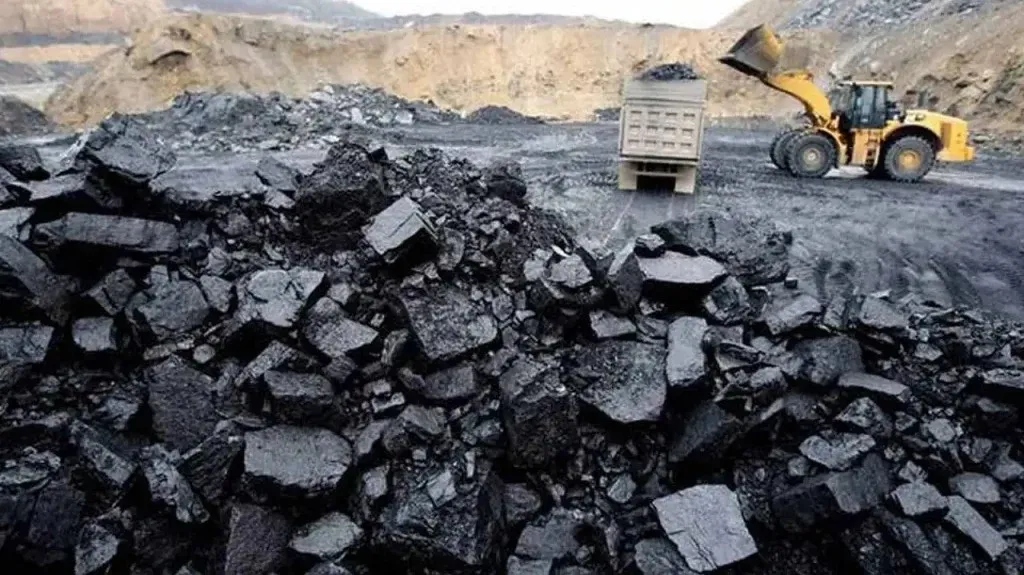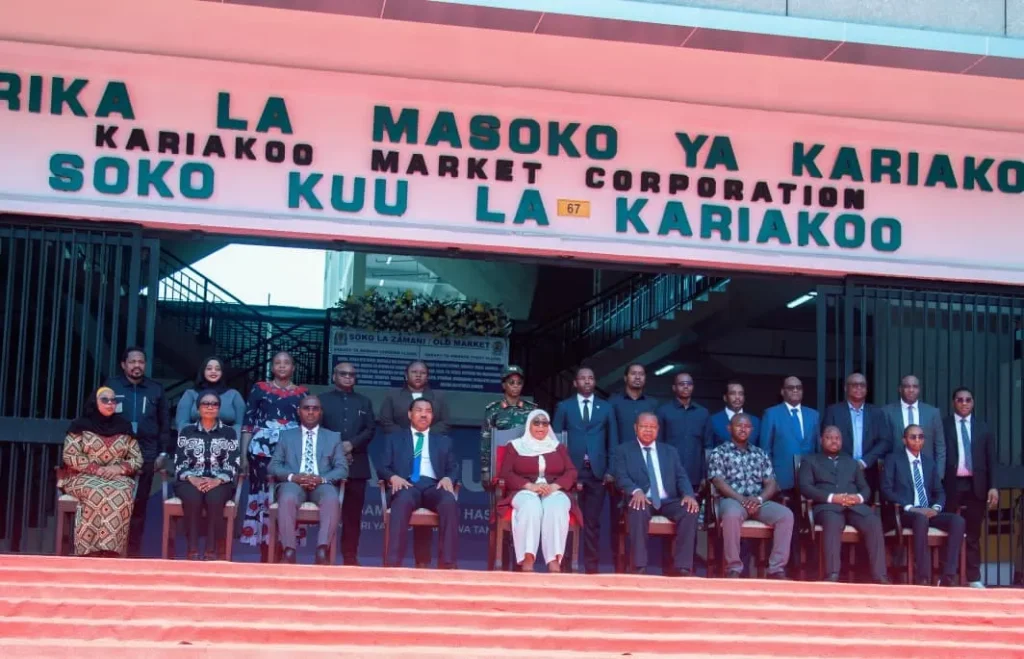Nigeria’s Solid Minerals Ministry has revoked 1,263 mineral licenses as part of ongoing efforts to restructure and energize the nation’s mining industry. The licenses, now removed from the Mining Cadastral Office’s online register, covered multiple categories, including:
-
584 exploration permits
-
65 mining leases
-
144 quarry licenses
-
470 small-scale mining leases
Why the Licenses Were Revoked
Minister of Solid Minerals, Dele Alake, disclosed the decision through his media aide, Segun Tomori. According to him, the affected companies failed to fulfill their annual financial obligations, leading to the cancellation.
This action follows an earlier round of cancellations where 3,794 licenses were withdrawn, including 619 for unpaid fees and 912 for inactivity.
Creating Room for Genuine Investors
Alake stressed that the reform aims to eliminate speculative license holders who occupy mining fields without actual development.
“Holding licenses without work is over,” he said. “We want to free up space for serious investors who can grow the mining sector.”
The cancellations are expected to attract new applications and bring renewed energy into Nigeria’s mineral industry.
Strengthening Compliance
The minister emphasized that paying statutory fees is a basic sign of commitment. He also noted that companies are allowed to voluntarily return unused licenses, but outstanding debts tied to revoked permits remain valid.
Furthermore, defaulters will be referred to the Economic and Financial Crimes Commission (EFCC) for enforcement.
Transparent and Legal Process
According to Simon Nkom, Director-General of the Mining Cadastral Office, a total of 1,957 defaulters were identified. A formal notice was issued in the Federal Government’s Gazette on June 19, 2025, giving companies 30 days to comply.
While some delays occurred due to verification of payments made through the Remita platform, the notice was circulated to all zonal offices of the Mining Cadastral Office.
Driving Sector Reform
Nkom explained that the cancellations target inactive and fraudulent license holders. The initiative is part of President Bola Tinubu’s wider reform agenda to make mining more attractive to credible investors.
By enforcing compliance and applying the 2007 Mining Act, the government aims to create a stable environment for growth, despite initial resistance from some operators.






